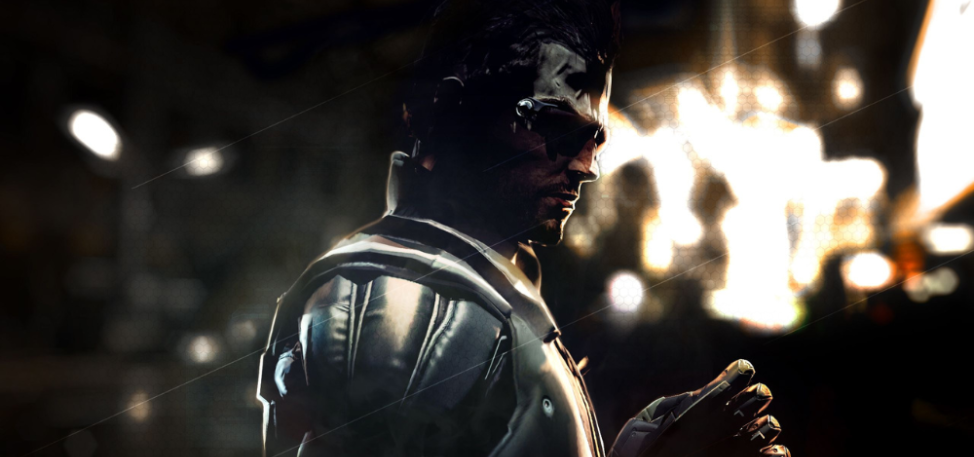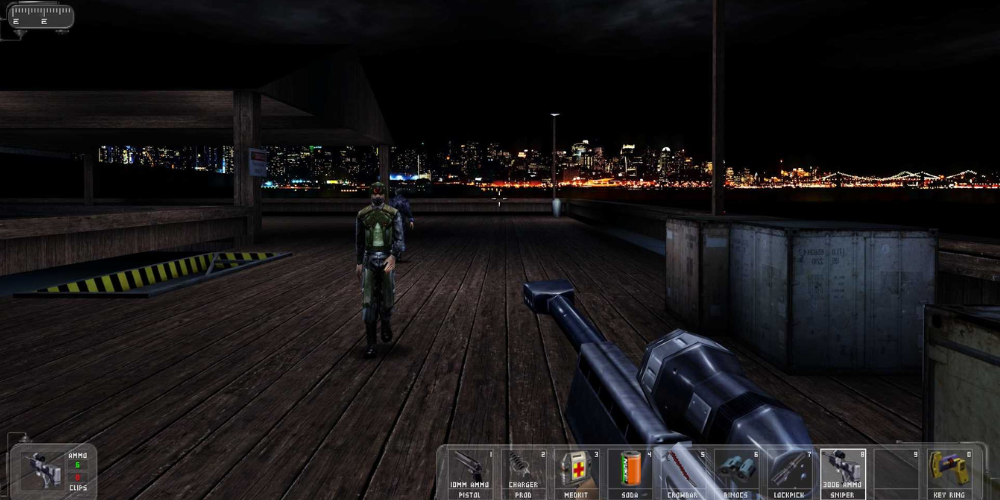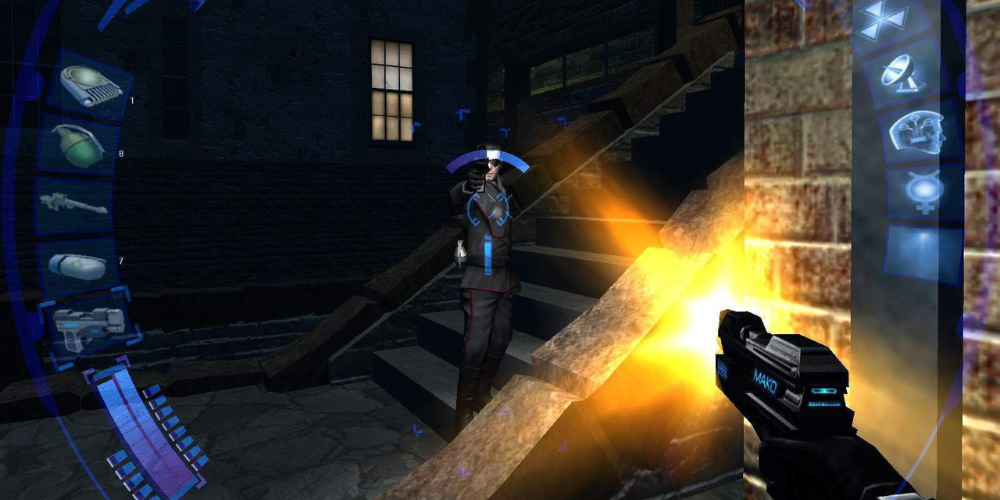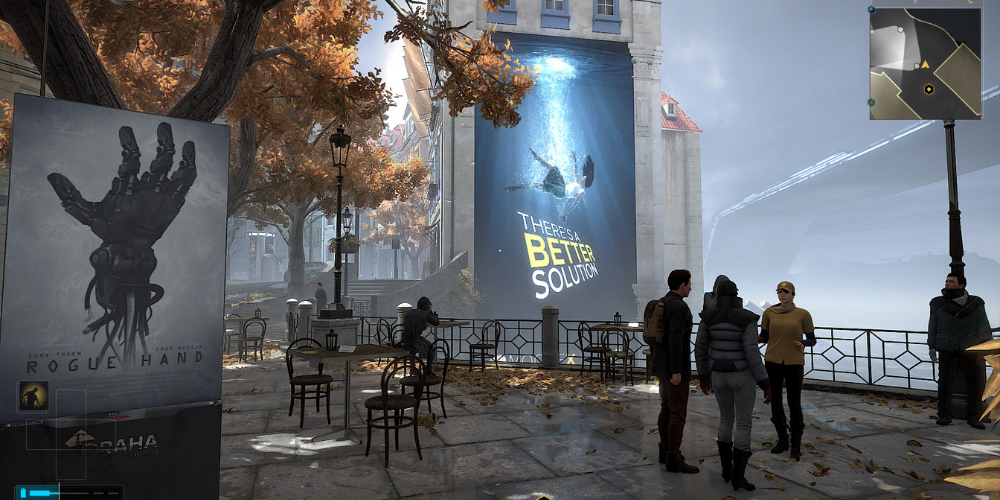Immersive Realities: The Evolution and Future of the 'Deus Ex' Video Game Series
Alison Anderson
05 Sep 2023

he Genesis of Deus Ex
The brainchild of game developer Warren Spector and published by Ion Storm, the 'Deus Ex' series first graced the gaming world in 2000. The story-driven action role-playing video game was renowned for its unique amalgamation of first-person shooter, stealth and role-playing elements. With its cyberpunk-inspired setting, gripping narrative and innovative mechanics, it offered a unique experience, distinguishing it amidst a busy gaming sphere.
Deus Ex (2000)

The first instalment was set in a dystopian future, circa 2052, where players adopted the role of JC Denton, a nanotech-enhanced operative. Immersed in conspiracy theories and dealing with global crises, players could choose their play style and tactics, influencing the storyline and game outcome. With its open-ended nature, the original Deus Ex was the pioneer in fostering player autonomy and personalization, making it an instant classic.
Deus Ex: Invisible War (2003)

The second installment, Deus Ex: Invisible War, continued with the dystopian premise of its predecessor. Taking place two decades after the first game, players now controlled Alex D, who could be of any gender based on the player's preference. Despite retaining the complex narrative and moral dilemmas that caused its precursor to shine, it polarised fans due to streamlined gameplay mechanics, earning it a more controversial place within the series.
Deus Ex: Human Revolution (2011)
.png)
After an 8-year hiatus, the series came back roaring with Deus Ex: Human Revolution, developed by Eidos Montreal. A prequel to the original game, Human Revolution introduced a new protagonist, Adam Jensen. The game retained its non-linear, choice-based storyline, and improved upon RPG elements, allowing complex character customization. This instalment was commonly praised for exploring deeper ethical complexities related to human augmentation.
Deus Ex: Mankind Divided (2016)
.png)
The latest entry in the series, Deus Ex: Mankind Divided, saw the return of Adam Jensen. Continuing two years after the conclusion of Human Revolution, Mankind Divided presented a narrative that heavily relied upon the choices made by players, resulting in unique story branches and different game endings. Even though it was critically acclaimed for its mechanics and storytelling, it was criticized for its abrupt ending and consequent lack of closure.
The Future of Deus Ex

Since the release of Mankind Divided, the series has been on an indefinite hiatus, with no further sequels officially announced yet. Developer Eidos Montreal has reaffirmed their commitment to the franchise, hinting at the possibility of future releases. While the audience eagerly waits for new developments, the Deus Ex series continues to be appreciated for its innovative gameplay and weave a substantial legacy in the gaming industry.
Concluding Remarks
Since its inception, the Deus Ex series has craftily combined action, RPG and stealth mechanics, allowing for a unique and immersive experience. Despite its critique and growing pains, with each instalment, Deus Ex has consistently pushed the boundaries of intricate narrative storytelling and player autonomy. Its legacy is undeniable, and the series stands as a prime example of progressive gaming. As fans eagerly await new adventures in this storied universe, Deus Ex will undoubtedly remain a vital part of global gaming heritage.
